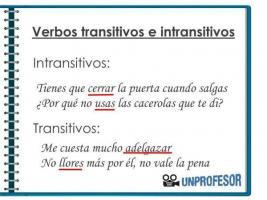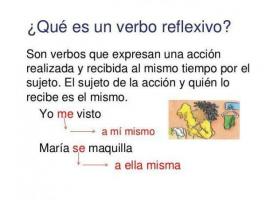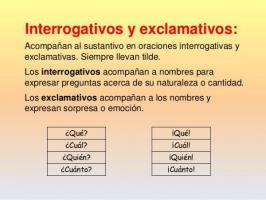Difference between simple sentence and compound sentence
In this video I will explain the differences between a simple sentence and a compound sentence, so that you do not confuse one with another and you can know how to distinguish them.
- The prayer will be simple if it consists of a single SV, with a verb in personal form or verbal periphrasis as in the 2nd.
- The prayer will be compound if it has more than one SV predicate, that is, more than one V (personally, not personally) each.
The compound sentence can be segmented into two groups of words around a verb thanks to propositions.
We call propositions to those simple sentences that are part of a larger structure either syntactically or semantically: more complex or superior sentences and go units by links (conjunctions).
The propositions of the OR. compound are related by LINKS in 2 ways:
- Coordination: Each sentence has syntactic independence, we can separate them and they would work.
- Subordination: Syntactic dependency: Main proposition VS subordinate proposition that acts as a subject or complement to the main one in such a way that they cannot be separated because they would lose meaning.
Also, if you want to check if you have understood what was explained in today's lesson, you can do the printable exercises with their solutions that I have left you on the web.



